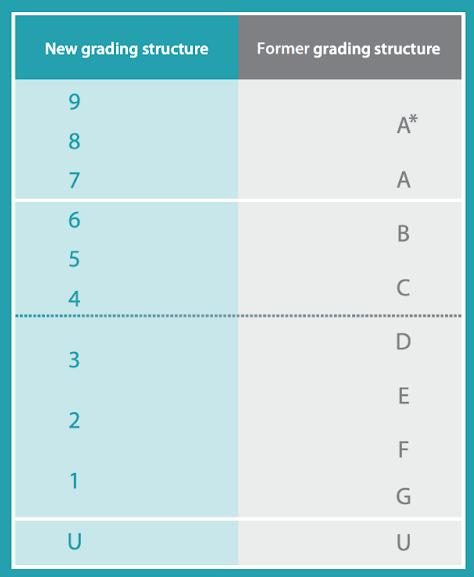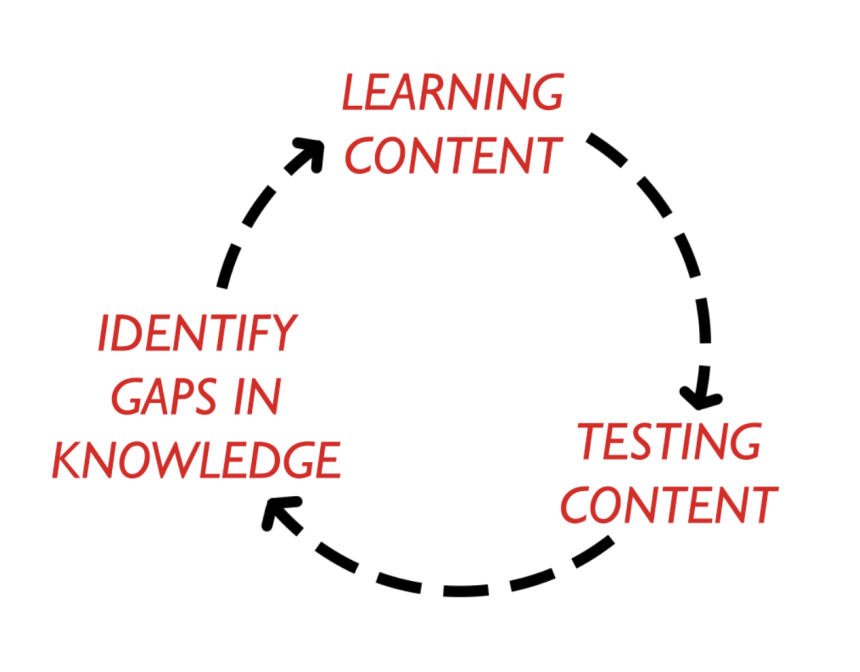Contents:
Mock exams can be a tense and stressful time for both parents and children. However, there are several tips you can follow to help them run smoothly. It’s important to ensure that your child is coping well both in the lead-up to the exams and during mock week itself.
Creating a supportive learning environment at home is crucial in ensuring your child feels well-prepared and calm during mock exam season. This is especially true if this is their first time sitting in the exam hall! Read on for our five handy tips to help you support your child this mock season.
1. Understand the current exam situation
Thanks to Covid, the Government has introduced changes to your child’s exams this summer. Depending on the subject, this may mean students will be told what specific topics they will be assessed on or given access to more formulas, and so forth.
Being clued up on what your child will be sitting and how this differs this year can help you make sure they’re preparing exactly what they need to for their mocks (and real exams!). Your child’s school will also let you know more information about what your child will need to prepare differently this year.
Another change you may be unfamiliar with, or confused about, is the new 1 (low) to 9 (high) GCSE grading system which came into effect a few years ago. This replaces the old U to A* system which was in place for GCSE exams up until 2017, and makes the number 4 the new C − or pass grade.

2. Encourage them to set a schedule
This can be as structured as they like − some students who function better under flexibility may prefer to just break down all the revision they have to do into “I have to cover X, Y and Z this week and X, Y and Z the next”. Others may want to create a structured timetable so they know exactly what they need to study at what time each day − help your child figure out which method will suit them best.
Getting into this habit of creating a structure to their revision early, in the run up to mocks, can be very useful ahead of the actual GCSE or A Level exam period. This is especially useful when your child goes on study leave and suddenly loses all the structure of the school day.
However, be sure that your child isn’t cramming in an unhealthy amount of work every day − relaxing is as important as revision, to ensure that your child has a chance to rest! This brings us onto our next tip…
3. Ensure they’re taking breaks!
The stress of mock season can cause quite a lot of students to find it hard to relax or take themselves away from their revision. Whilst it’s important that students are putting in the hours to prepare themselves for these tests, it’s arguably more important that they are able to maintain a balance and can take time to switch off, relax, and recharge.
If your child is overly anxious about exams, check out these helpful wellbeing tips from YoungMinds, or encourage them to talk to a teacher or member of pastoral staff about how they are feeling.

4. Direct them towards online resources
The internet has troves of free, helpful resources for your child to use to support their revision. You can find plenty of study notes, flashcards, and similar materials to help students absorb, recall, and remember the information they’re revising − these can be especially useful for content-heavy subjects, such as sciences, English and humanities. You can find plenty of these free study resources for many different subjects on Physics & Maths Tutor.
There are also heaps of past paper resources that students can use to test themselves on the content in a “real-exam situation”. You could suggest that your child times themselves completing a whole paper in ‘exam conditions’ before marking it and seeing where their gaps in knowledge may be. Our banks of video solutions may come in useful here, for students to see exactly how to nail the questions they may have struggled on when taking the paper.
You can also try our questions-by-topic banks of exam papers for science and maths, so that your child can try perfecting one area of the subject, especially if they are finding something to be a particular weakness.
Many students find using a revision cycle of learning the content -> testing the content -> identifying gaps in knowledge -> repeating useful for ensuring they are covering everything they need to know.

Another way to make sure your child is covering all the content they need to is to ensure they have copies of the specification for each subject and exam board they take. This will break down all the content they need to know into bullet points, which they could use to tick through to check they’ve gone over everything.
5. Be encouraging
At the end of the day, exams and qualifications aren’t everything − your child may be worried about perfecting these mocks, but remind them that this is just a practice for the ‘real thing’. And even if something goes wrong on the actual exam day, then this isn’t the end of the world − there are so many pathways your child can take and their GCSE or A-Level grades won’t dictate the rest of their lives.
Congratulate them on making progress with their revision and don’t dwell on weaknesses − if something really isn’t clicking, encourage them to talk to their relevant subject teacher about it for extra support.
It’s tough to get the right balance between being encouraging and not being overbearing − make sure your child knows you’re there for them if they need any support but be cautious not to spoon feed them every single second, or overwork them. They will be fine!







Comments